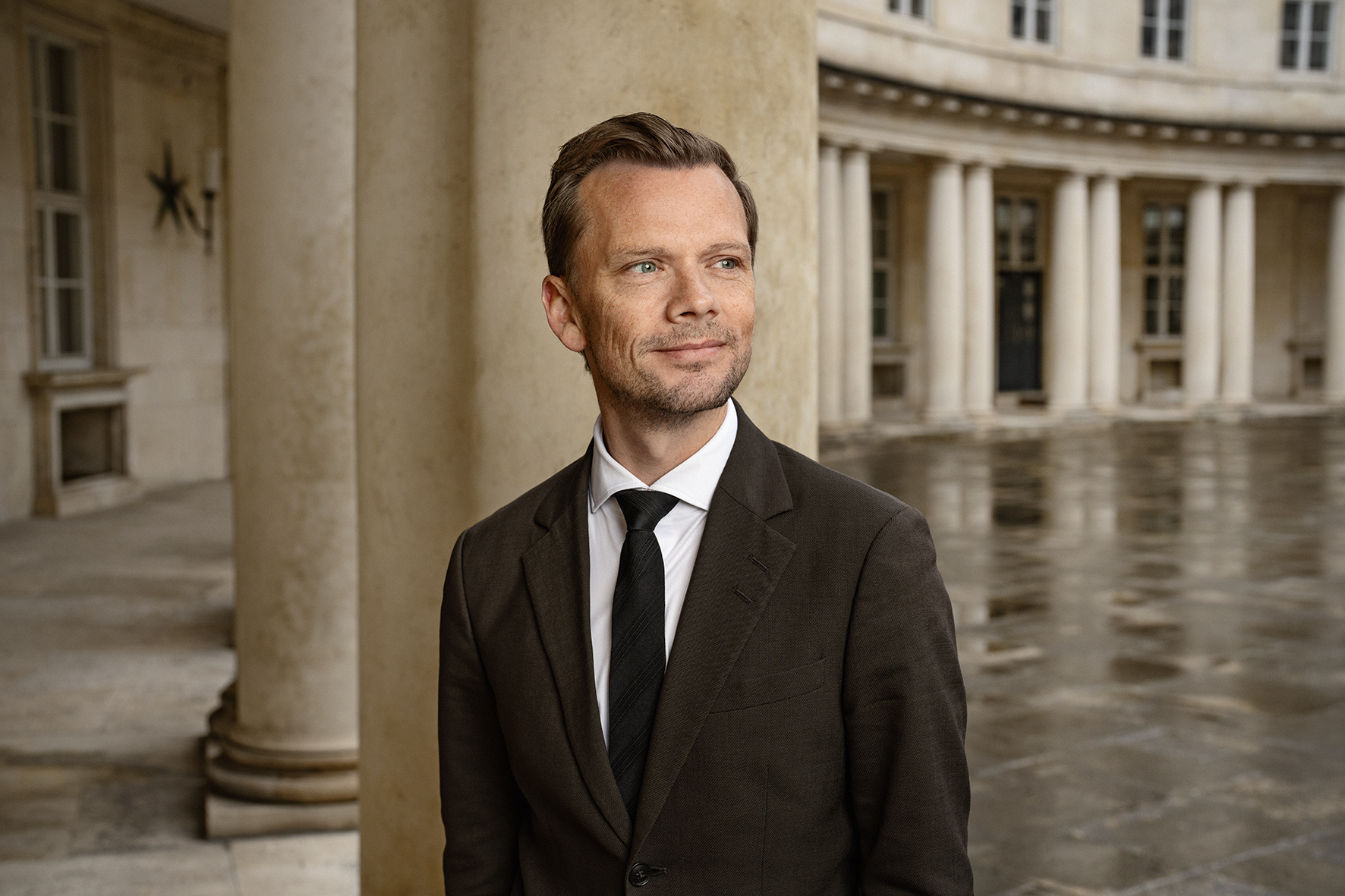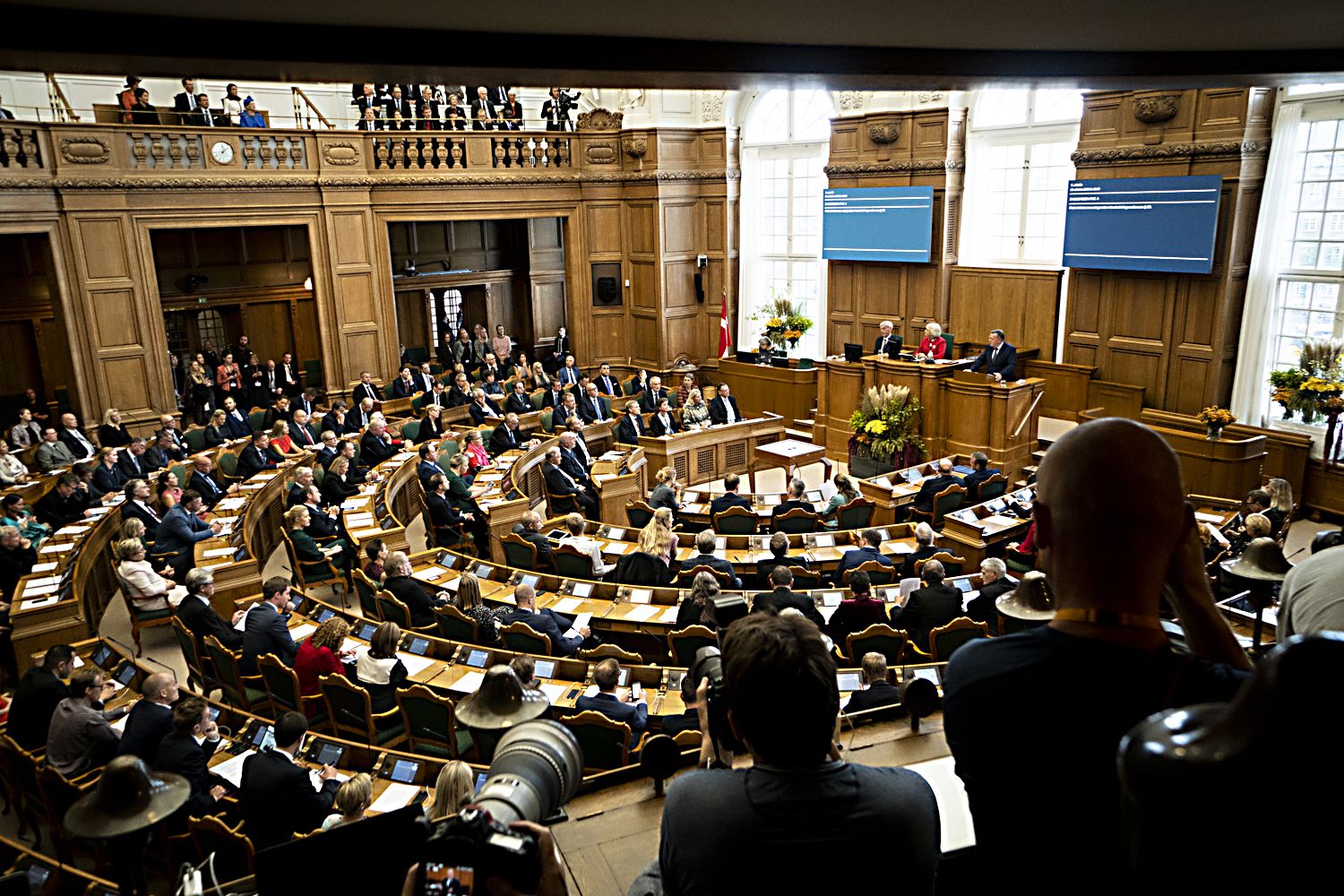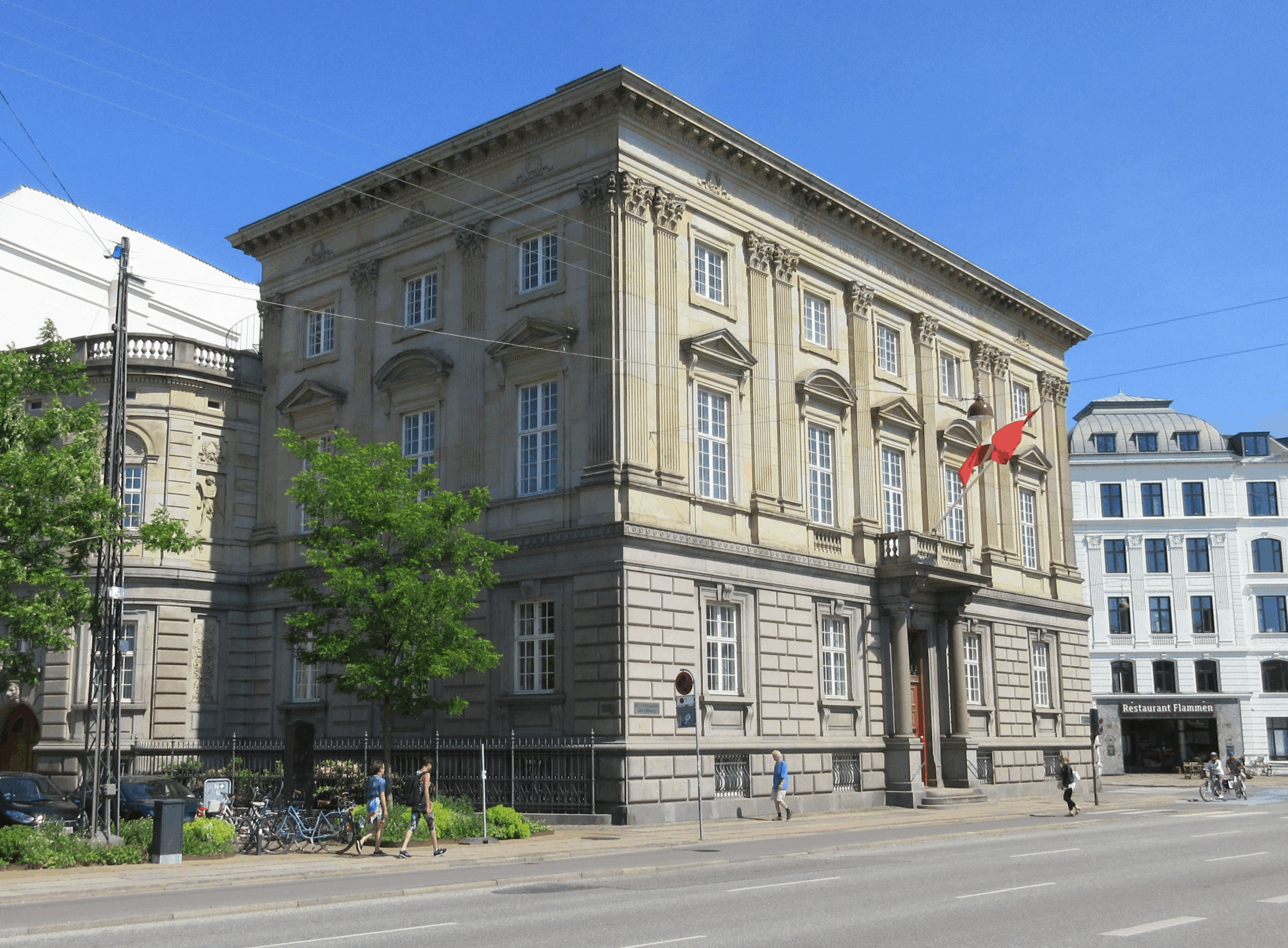Norway, Sweden, Iceland, Finland, the UK, France, Spain, Italy, the Netherlands … the list of countries in Europe that are opt-out in regards to organ donations goes on and on.
But Denmark is not among them due to politicians having shot down past proposals aimed at facilitating change.
However, the tide could be turning with the new government indicating a shift in opinion this week.
The health minister, Sophie Løhde, has suggested she is in favour of opt-out organ donation and said she has called for the issue to be looked at again by Parliament.
According to Løhde, the government could be prepared to usher in a softer opt-out variation – one that would involve all Danes becoming organ donors when they turn 18, but allow the next-of-kin to still have the final say if adults have not actively taken a position on the issue.
New ID = decision time
Currently, organ donation is opt-in through donor registration via sundhed.dk, a filled-out donor card or an indicated preference to loved ones.
Opt-out means that, as a starting point, health workers will assume that people want to donate their organs unless they have actively opted out of doing so.
Several parties have expressed an interest in making it obligatory for everyone over 18 to make a decision regarding organ donation when they get a passport, driving license or CPR health card.
In 2022, 84 people in Denmark donated their organs posthumously – a decrease of 21 on the previous year and the lowest figure since 2014.
Some 338 patients were given new organs, mostly kidneys, from Danish or foreign donors. Currently, 460 people are waiting for a new organ – of whom 338 need kidneys.
At least 21 patients died last year while waiting for a new organ.
About 1.3 million Danes over the age of 15 – about 27 percent of the population – are registered as organ donors. Of those, 75 percent have given full donor permission.
A survey from 2022 showed that 64 percent of people would donate their organs in the event of their death, but many haven’t ticked the box indicating their approval.













